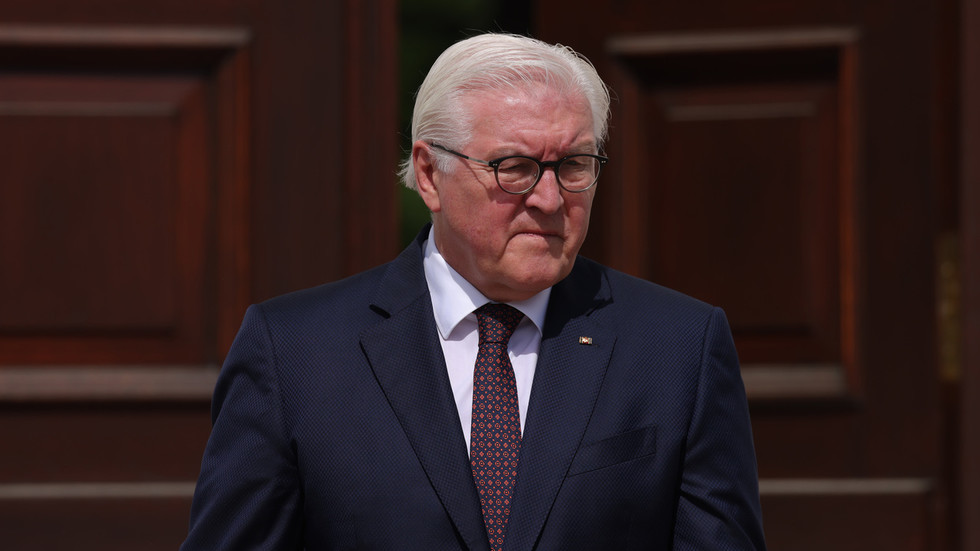In a recent incident reported by Bild, German President Frank-Walter Steinmeier allegedly lost his temper during a speech by writer Marko Martin, who criticized Steinmeier’s support for the Nord Stream gas pipelines during his tenure as foreign minister. The Nord Stream 1 and 2 pipelines were designed to transport Russian natural gas to Germany via the Baltic Sea, but both were damaged by underwater explosions in September 2022. The United States, led by senior officials including President Joe Biden, had voiced strong opposition to the pipelines prior to their destruction, underscoring the politically charged atmosphere surrounding energy dependence on Russia.
The showdown transpired at an event commemorating Poland’s anti-communist revolution at Bellevue Palace in Berlin, where Martin directed scathing critiques at members of the Social Democratic Party, including Steinmeier. He accused these politicians of fostering closer ties with Russia, especially in the lead-up to the escalation of hostilities in Ukraine following Russia’s military invasion in February 2022. By highlighting the historical decisions made by German leadership, Martin suggested that their actions may have inadvertently empowered Russian President Vladimir Putin in his aggressive military endeavors.
As Martin addressed the audience and pointed fingers at the German government’s involvement in Nord Stream, eyewitness accounts indicated that Steinmeier’s emotional composure started to deteriorate. Reportedly, the president appeared visibly angry and struggled to maintain his calm throughout Martin’s critical remarks. The tension escalated as Martin claimed that Steinmeier confronted him aggressively, accusing him of defamation and seemingly failing to recognize the complex challenges faced by politicians in their decision-making processes.
This altercation was not just a personal spat but a public reflection of the broader discontent regarding Germany’s energy policies and approach towards Russia. The Nord Stream pipelines had been touted as avenues for energy security but were ultimately seen by many as a critical miscalculation in foreign diplomacy. Steinmeier’s defense revolves around the idea that politicians navigate multifaceted geopolitical landscapes, a sentiment echoed by his spokesperson who categorized the conversation as “contentious” yet still “businesslike.”
Furthermore, the fallout of the Nord Stream incident has triggered extensive discussion about the culpability of various nations, particularly after the blasts that damaged the pipelines. Reports emerged suggesting that a Ukrainian diving crew might have executed the attacks, a claim that Russia has vehemently dismissed. Instead, Russian authorities have implicated the United States, asserting that such operations require substantial state backing, thereby shifting the narrative and exacerbating geopolitical tensions between the implicated nations.
In the wake of this confrontation, questions linger about the implications for Steinmeier’s presidency, Germany’s energy policy reforms, and the evolving power dynamics in European geopolitics. As discourse continues around the Nord Stream incident and the ensuing blame game, the public’s trust in political figures is tested, particularly in a landscape shifting towards energy independence and security amidst a backdrop of conflict and uncertainty. The burgeoning discourse surrounding energy transition could redefine Germany’s future policies as it grapples with the complex interplay of domestic and international pressures influenced by historical decisions and current conflicts.

